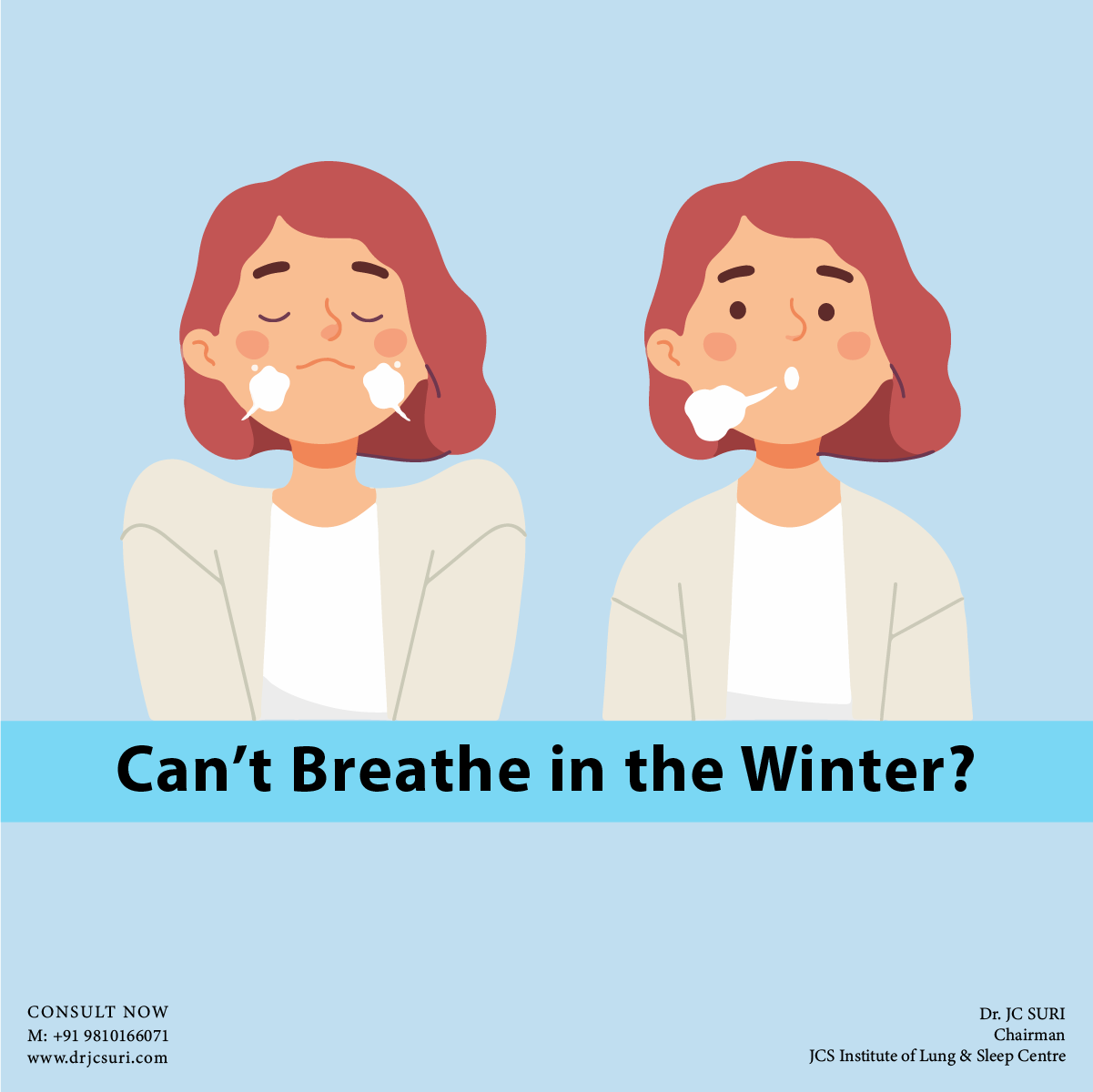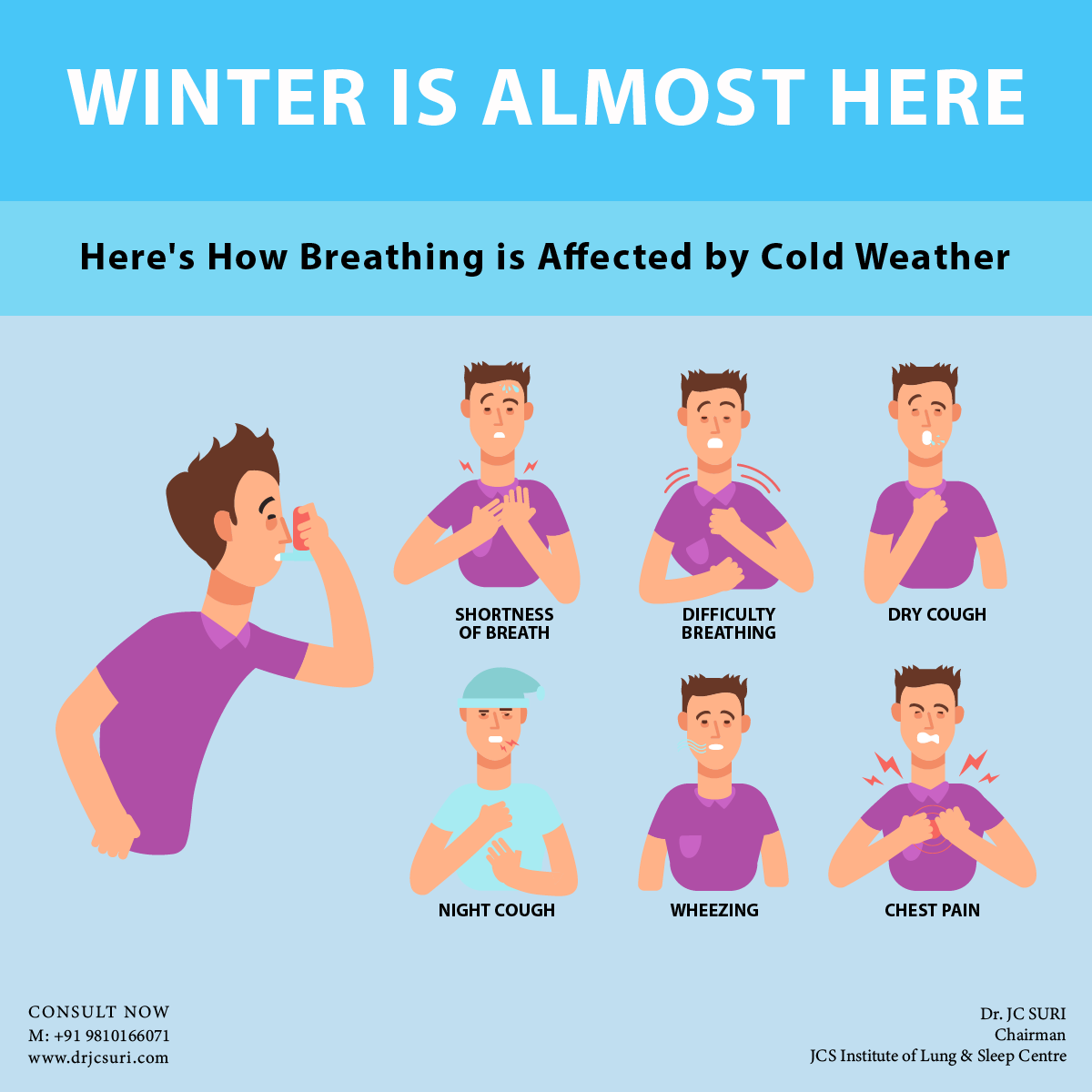How To Care Your Heart In Winters?
As the winter season settles in, it brings with it not only the joys of holidays and cozy moments but also challenges for maintaining heart health. Cold weather, dietary changes, and decreased physical activity can all impact cardiovascular wellness during this time. In this guide, we’ll explore the effects of winter on heart health and provide essential tips for caring for your heart during the chilly months.
Understanding Winter’s Impact on Heart Health:
Cold Weather and Blood Pressure: The drop in temperatures can lead to blood vessel constriction, causing an increase in blood pressure. Elevated blood pressure places added strain on the heart, heightening the risk of heart attacks and strokes.
Reduced Physical Activity: With outdoor activities often limited by harsh weather conditions, people tend to become more sedentary during winter. Lack of exercise can contribute to weight gain, high cholesterol levels, and other heart-related issues.
Dietary Changes: Winter festivities often involve indulging in rich, calorie-laden foods. Overconsumption of such foods can lead to obesity, elevated cholesterol, and an increased risk of heart disease.
Increased Viral Infections: Winter is notorious for the prevalence of respiratory illnesses like the flu and common cold. These infections can put additional stress on the heart, particularly for individuals with pre-existing cardiovascular conditions.
Common Winter Heart Conditions:
Heart Attacks: Cold weather and heightened blood pressure can trigger heart attacks, especially in individuals with underlying heart conditions.
Hypothermia: Prolonged exposure to low temperatures can lead to hypothermia, a condition where the body loses heat faster than it can produce it. This places added strain on the heart.
Seasonal Affective Disorder (SAD): SAD, characterized by depression due to reduced sunlight exposure, can indirectly impact heart health by promoting unhealthy lifestyle habits.
Exacerbation of Chronic Conditions: Pre-existing heart conditions such as hypertension and coronary artery disease can worsen during winter due to various factors including cold weather and reduced physical activity.
Essential Tips for Winter Heart Care:
Dress Appropriately: Layer clothing to stay warm and protect against cold temperatures. Ensure extremities are covered with hats, gloves, and scarves.
Stay Active: Engage in indoor exercise alternatives such as gym workouts, yoga, or home exercises to maintain physical activity levels.
Eat a Heart-Healthy Diet: Enjoy winter foods in moderation and prioritize heart-healthy options such as fruits, vegetables, whole grains, and lean proteins.
Stay Hydrated: Despite the cold weather, it’s important to drink an adequate amount of water to prevent dehydration and maintain optimal blood circulation.
Manage Stress: Practice stress-reduction techniques like meditation, deep breathing, or engaging in activities that promote relaxation.
Limit Alcohol and Avoid Smoking: Excessive alcohol consumption and smoking can have detrimental effects on heart health. Limit alcohol intake and seek support to quit smoking.
Monitor Health: Keep track of vital signs, especially if you have pre-existing heart conditions. Follow medical advice and take prescribed medications as directed.
Maintain Routine: Establish a regular daily routine encompassing sleep patterns, meal times, and exercise schedules to promote overall cardiovascular health.
Conclusion:
As winter sets in, prioritizing heart health becomes paramount. By understanding the effects of winter on cardiovascular wellness and implementing essential care tips, individuals can safeguard their hearts and enjoy the season to its fullest. Remember, a proactive approach to winter heart care is key to maintaining optimal health and well-being throughout the colder months.




